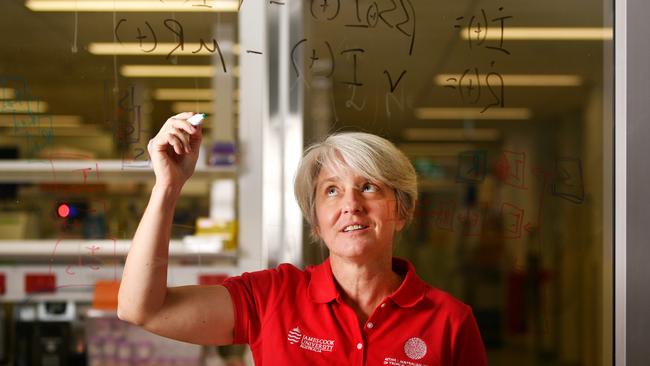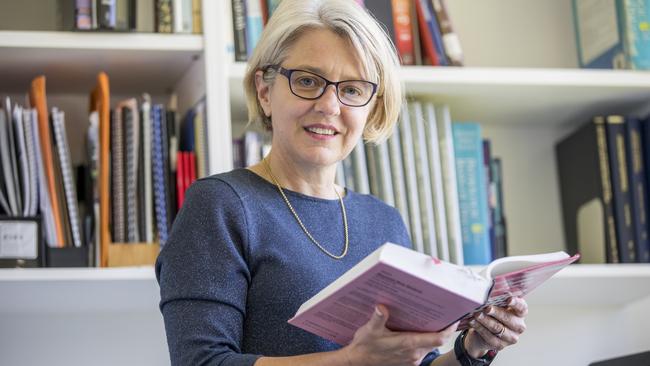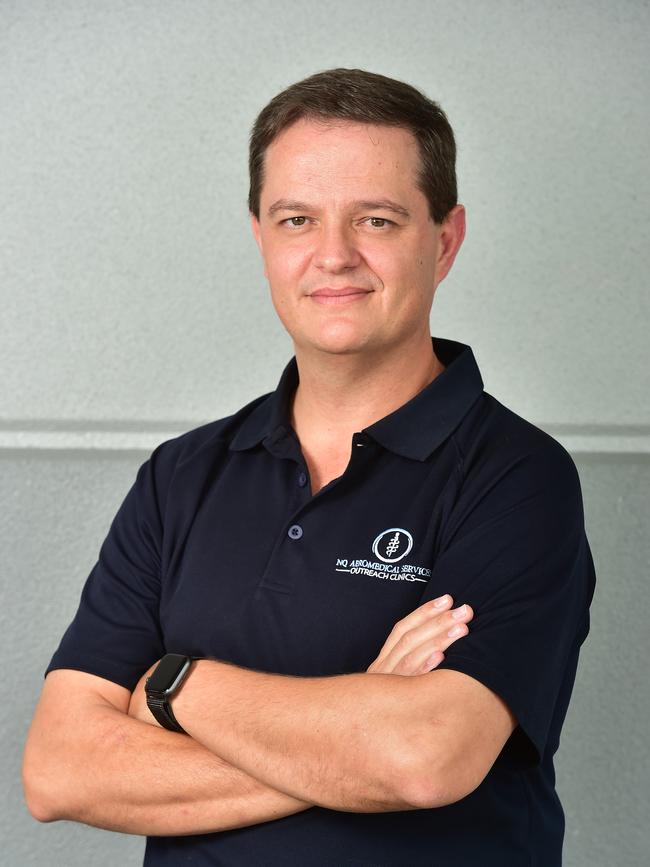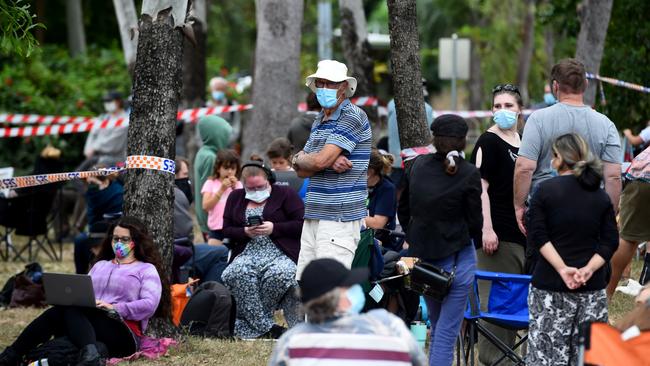NORTHERN Queensland has remained virtually Covid-19 free since the pandemic began – but two brushes with the highly contagious Delta strain with almost no cases as a result has left the region confused.
While there is no definitive reason why Townsville and Cairns have dodged significant levels of community transmission, experts say there are a number of contributing factors that could have kept the region safe – this time.
James Cook University Professor Emma McBryde, an infectious disease and epidemiology specialist, said it was too soon to say if northern Queensland had been lucky or if it was due to the region’s climate or community behaviours.
Townsville first had a brush with the Delta strain in June when a young woman on holiday with her family travelled to Magnetic Island.
Despite the Townsville Hospital and Health Service testing much of the Magnetic Island population, and as long as eight-hour waits for testing on the mainland, not a single case was recorded in the region.
Most recently a Cairns taxi driver, who was believed to be infectious in the community for 10 days, has so far failed to pass on coronavirus to another person.

Professor McBryde said there was evidence coming out of the United States about infection rates in warmer areas being lower, but it was still early days.
She said countries like Indonesia and India had a “terrible time” with Covid and northern Queensland should not think the region is protected.
“We’ve certainly seen enough Covid in tropical settings to know that we’re not immune to Covid, but at both a biological and virology level that Covid prefers cold to hot and dry to humid,” Professor McBryde said.
“There’s a little bit of information coming out of the United States that suggests those states that were hot and humid had a little less Covid than others.”
Professor McBryde said not everyone who had Covid-19 behaved in the same way or was as equally infectious.
“The fact that there were two people who were during their infectious period out and about without spreading to anyone, is not a total surprise, even with Delta,” she said.
“I must admit, I was a little surprised why a taxi driver wouldn’t transmit … It seems like the best possible opportunity to transmit Covid.
“Similarly, not everyone is coughing and sneezing as much as everyone else.”

Professor McBryde said the northern Queensland lifestyle could also play a part, with people spending much of their time outdoors.
“Outdoors is a lot safer than indoors,” she said. “You’re very unlikely to catch Covid from someone on a beach, or in a park, it’s not impossible but it is much less likely.”
A Queensland Health spokesman since the start of the pandemic, there had been more than 150 cases of Covid-19 in Cairns and the hinterland, Townsville, Mackay, and the Torres and Cape regions.
“Recently, we have seen Covid-19 community transmission occur in Cairns, as is the case with the pilot and the taxi driver so we know that North Queenslanders cannot afford to relax when it comes to preventing the spread of this virus,” the spokesman said.
“At this point in time there is insufficient information to speculate as to why we have not seen more cases of community transmission in North Queensland. It is better that we focus on what we do know.”
The spokesman said health authorities knew that Covid-19 was spread from person to person through close contact with an infectious person, contact with droplets from an infected person’s cough or sneeze or touching objects or surfaces that had droplets from an infected person, and then touching the face or mouth.
“We also know there are a number of things we Queenslanders can do to help slow the spread of Covid-19 including staying home if you are sick; getting tested at the first sign of Covid-19 symptoms; social distancing; wearing a face mask when social distancing isn’t possible; frequent hand washing and getting vaccinated,” the spokesman said.

Townsville GP Michael Clements said it was important the community did not let a couple of “near misses” make them complacent.
“I think we’ve got to pay Delta the respect no matter where it shows up around the country and just hope it doesn’t really spread,” Dr Clements said.
“Sometimes it just comes down to luck. We use the term super spreading event, or superspreaders, to describe people that are shoving out so many virus particles into the air.
“We know there are some people who spread it to many people around them, and that might be because they were in close confinement, or maybe the same household, or it was a party where there is lots of mingling, and maybe poor ventilation.
“All of those factors can increase the chance those people are going to spread Covid.
“It also depends on the person and how good the person is with their own personal hygiene and what kind of activities they are up to.”
Dr Clements said there was also a major difference between everyday life in northern Queensland to the southeast and New South Wales.
“There is not a lot of population density. We don’t share trains, buses or lifts very often, we don’t have a lot of high density living where people are sharing the same air space,” he said.
“We do actually have a good population of compliers.
“When Queensland Health calls out for us to get tested, we do. We fill up the testing lanes.
“When there is a scare, people are wearing masks.”
He said when Magnetic Island went into lockdown, people were waiting hours to get tested.
“If we had a population that wasn’t as good as we are, they would just turn around and give up,” Dr Clements said.
He added that the community really needed to get vaccinated.
“Let’s come out on top of the vaccination rates. Now the (federal) government is releasing tallies of vaccination rates across the country, let’s get North Queensland back on the top of the table.”
As of August 8, almost 39 per cent of Townsville’s population over 15 had received a Covid-19 vaccine and 21.7 per cent were fully vaccinated.


Add your comment to this story
To join the conversation, please log in. Don't have an account? Register
Join the conversation, you are commenting as Logout
‘Bit of double dipping’: Council ends subsidy for Maggie Island Pensioners
Townsville’s acting mayor has conceded that a letter sent out to islanders could have been less harshly written, but the council won’t back down from ending a travel subsidy for pensioners.
Unexpected guest at Pheobe’s funeral, as mum reveals touching keepsake
A teenager at the funeral for slain teen Pheobe Bishop has shed new light on her life, as her grieving mother salvages a precious keepsake of her daughter.